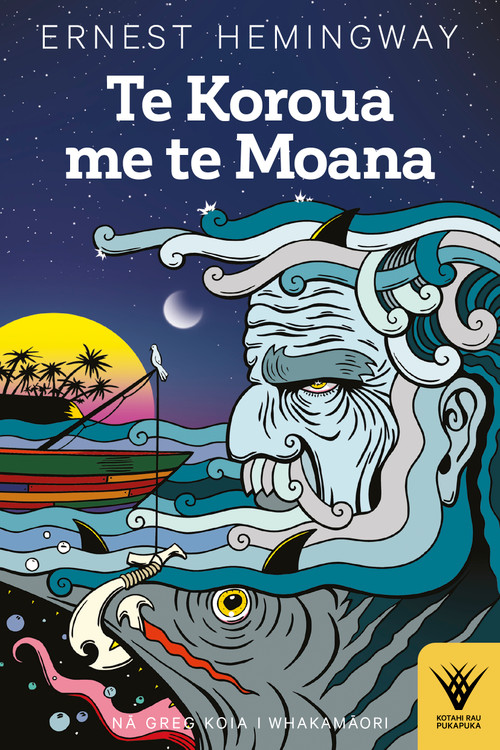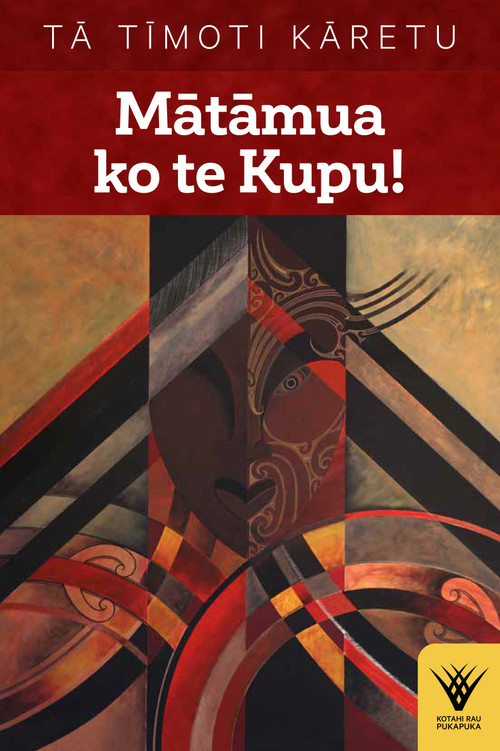
Maranga Mai! Te Reo and Marae in Crisis?
Merata Kawharu
'Maranga mai! Our people. We have become complacent. Our language and our marae are struggling. Yet we remain asleep. We need to wake up!'
– Merimeri Penfold, Taitokerau kuia
From the time of the Maori renaissance of the 1970s and 1980s, Maori made huge efforts to reinvigorate te reo and the marae as twin cornerstones of identity. Television and radio stations were set up, the Maori Language Commission established and kohanga reo, kura kaupapa and wananga emerged. Old marae were refurbished and new marae established in urban and rural communities. But, in 2013, are te reo and marae in crisis? Numbers of children attending kohanga reo is down 34 percent from its peak. Only 15 percent of Maori children are attending Maori-medium schooling. Fewer and fewer people participate in marae activities. Without a living language spoken regularly on the marae, what is the future for Maori culture? Focusing on northern Tai Tokerau but with conclusions applicable across the country, leading scholars and elders call Maranga Mai! - Wake Up! to these challenges, identifying the key issues and posing potential solutions.
Author
More about Merata Kawharu
Extract
Read an extract here
Reviews
Although the book is focused on Tai Tokerau, the issues are common to Māori communities throughout the country, and anyone with a passing interest in their marae will recognise their own situation in these pages. - Aaron Smale, Te Karaka
Taking New Zealand’s northernmost tribal district Te Tai Tokerau as a case study, this beautifully designed book, complete with gorgeous color photography by Krzysztof Pfeiffer, showcases contributions from sociologists, anthropologists, and community leaders (among others) that engage with the current state of Māori language and the tribal marae. - Rachel Busbridge, International Sociology Reviews
Maranga Mai! (wake up!) seeks not just to map the shape of and reasons for the current crisis, but also to explore what may be done and by whom – as well as draw attention to innovative initiatives already developed to help tackle the crisis. - Rachel Busbridge, International Sociology Review



![Te Ruānuku. Kotahi Rau Pukapuka 3 [The Alchemist]. Paulo Coelho. Nā Hēmi Kelly i whakamāori](https://cdn11.bigcommerce.com/s-qvcg41qdf5/images/stencil/500x800/products/2484/3171/9781869409258__81125.1600378113.jpg?c=2)
